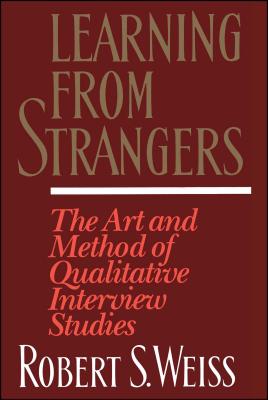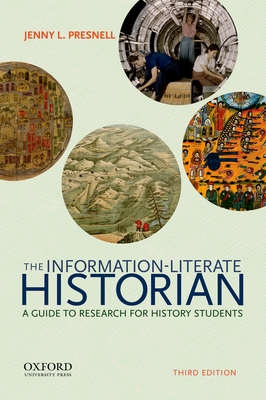
Weiss, Robert S.
product information
description
itive work on qualitative research interviewing. It draws on Robert Weiss's thirty years of experience in interviewing and teaching others how to do it. The most effective interviews, says Weiss, rely on creating cooperation -- an open and trusting alliance between interviewer and respondent, dedicated to specific and honest accounts of both internal and external events. Against the eclectic background of his work in national sample surveys, studies based on semi-structured interviewing, and participant observation, Weiss walks the reader through the method of qualitative interview studies: sample selection, development of an interview guide, the conduct of the interview, analysis, and preparation of the data. Weiss gives examples of successful and less successful interviews and offers specific techniques and guidelines for the practitioner.
member goods
No member items were found under this heading.
listens & views

GREASE & SATURDAY NIGHT FEVER ...
by GREASE AND SATURDAY NIGHT FEVER KARAOKE / VARIOUS
COMPACT DISCout of stock
$17.49
Return Policy
All sales are final
Shipping
No special shipping considerations available.
Shipping fees determined at checkout.






